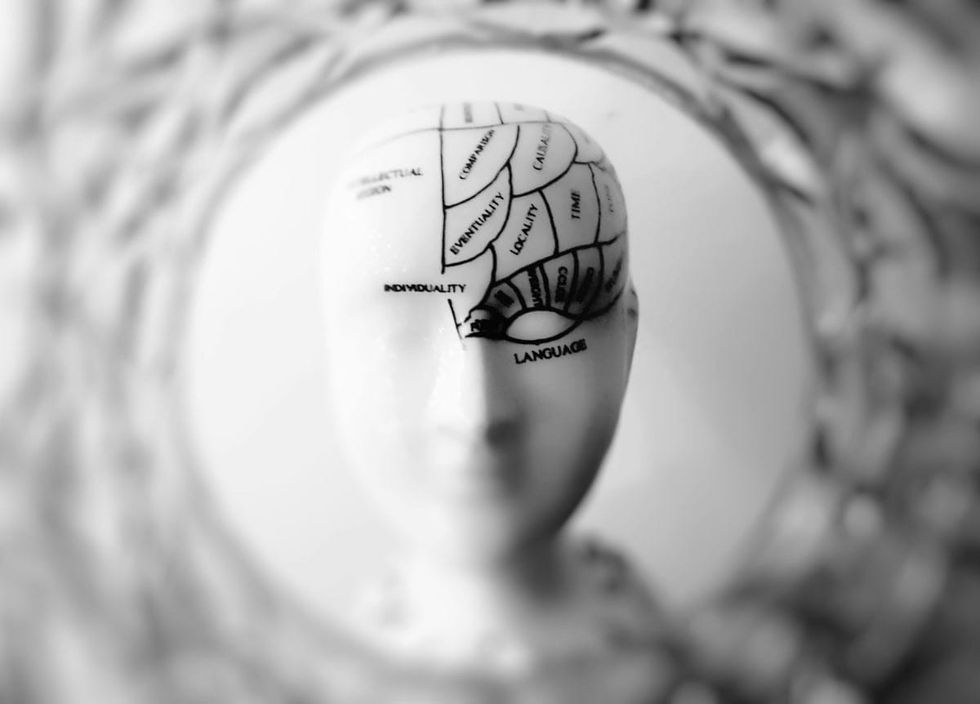What if you could see music, taste words, and smell colors? It might sound impossible, but for Solomon Shereshevsky, this was a common occurrence. Shereshevsky, a Russian journalist, had one of the most expansive memories ever recorded. He could remember everything—literally everything—and thought it was normal.

His special ability was noticed during one of the routine meetings at work by the newspaper's editor. The young reporter never took notes during morning staff meetings, and one day, the editor noticed this. When confronted, Shereshevsky explained that he didn't need to jot down anything; he simply remembered it. To challenge him, the editor picked up a newspaper and read it at length, asking him to repeat everything. The editor was shocked when the reporter repeated it verbatim. So, he sent Shereshevsky to Moscow’s Academy of Communist Education to get tested by a memory specialist.
That is when Shereshevsky came in contact with Alexander Luria, a young researcher at the psychology laboratory at a local university. Luria, who went on to become one of the founding fathers of neuropsychology, worked with the man with memory for 30 years, meticulously studying and testing him.

He was amazed by Shereshevsky's ability to quickly memorize made-up words, complex mathematical formulas, and even texts in languages he didn't know. However, what astonished the researcher more was that years later, Shereshevsky would remember minute details like what Luria was wearing on any particular day. "I simply had to admit that the capacity of his memory had no distinct limits," he noted in his 1968 monograph, "The Mind of a Mnemonist: A Little Book About a Vast Memory." The short book became a psychology classic, both in Russia and abroad, and popularized Shereshevsky as "S." or "Luria's S."

According to the text, Shereshevsky's remarkable memory was caused by an extremely strong version of synesthesia, "fivefold synesthesia," where every stimulus triggers every other sense in the human body. Because of this, the journalist could taste words, see music and smell colors. Shereshevsky explained how he once asked an ice cream vendor about what flavors she served. Something about her tone as she said, "Fruit ice cream" made him feel like cinders were pouring out of her mouth. This ruined his appetite, discouraging him from getting the ice cream, as per Literary Hub.
It is said that the key to Shereshevsky's brilliant memory was his vibrant imagination. The more vividly something was described, the more Shereshevsky could remember it.. His imagination was so vivid that he could raise his heartbeat just by imagining that he was running after a train. He could lower the temperature of one hand and raise the temperature of another by imagining one hand on a block of ice and another one on a stove. Living in such a rich inner world full of possibilities was more of a curse than a blessing for him.

In his book, Luria noted that "S." would write down everything he wanted to forget on slips of paper and when that didn't work, he would light those papers on fire and watch them burn to ash. In his final years, when burning memories on paper didn't help, "S." turned to a different coping mechanism - alcohol, which eventually led to his death in 1958, per Reed Johnson, a New York writer who spent years researching Shereshevsky.


















 Image frmo Scientific Reports of ancient artwork. Image Source:
Image frmo Scientific Reports of ancient artwork. Image Source:  Image frmo Scientific Reports of ancient artwork.Image Source:
Image frmo Scientific Reports of ancient artwork.Image Source:  Image frmo Scientific Reports of ancient artwork.Image Source:
Image frmo Scientific Reports of ancient artwork.Image Source: 

 It's difficult to imagine seeing a color and not having the word for it. Canva
It's difficult to imagine seeing a color and not having the word for it. Canva
 Sergei Krikalev in space.
Sergei Krikalev in space. 


 The team also crafted their canoe using ancient methods and Stone Age-style tools. National Museum of Nature and Science, Tokyo
The team also crafted their canoe using ancient methods and Stone Age-style tools. National Museum of Nature and Science, Tokyo The cedar dugout canoe crafted by the scientist team. National Museum of Nature and Science, Tokyo
The cedar dugout canoe crafted by the scientist team. National Museum of Nature and Science, Tokyo